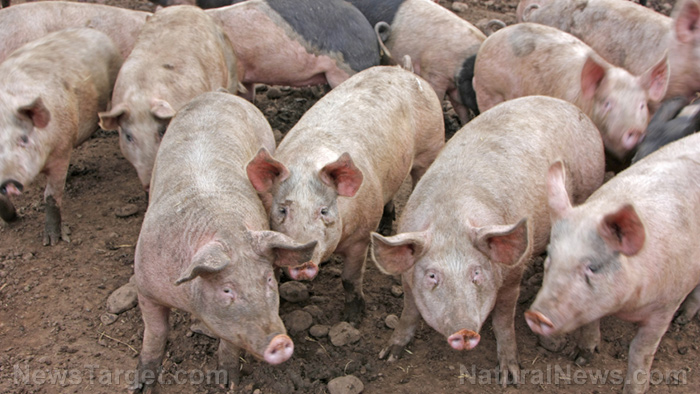
An investigation has revealed that the Food and Drug Administration (FDA) is riddled with problems when it comes to food safety.
POLITICO reported on April 8 that the FDA's Center for Food Safety and Applied Nutrition (CFSAN) "has failed to take timely action on a wide range of safety and health issues the agency has been aware of for several years."
Part of CFSAN's mission is "fostering good nutrition and effective food safety practices." It seeks to accomplish this mission by tracking illness outbreaks from food-borne pathogens; evaluating the safety of new ingredients and additives; monitoring manufacturing practices; and overseeing the labeling of food, supplements and cosmetics.
However, the CFSAN has not been able to live up to its mission.
The report cited the FDA's slow and untimely response during a 2021 outbreak of Escherichia coli infection from packaged spinach salad. The E. coli outbreak, which occurred in 10 states, caused kidney failure in three individuals.
"By the time FDA officials got inspectors on the ground, spinach season was over. The fields and production facilities were empty, which made it impossible to pinpoint the source of contamination. There was no recall, [and] whatever caused the outbreak was likely never fixed," POLITICO reported. (Related: FDA Failing the American People Over Food Safety, Regulation.)
"[The] FDA has failed to put in place safety standards for the water used to grow fresh produce … despite knowing that water is one of the main ways fresh fruits and vegetables become contaminated with deadly pathogens. Congress has ramped up FDA funding over the past decade, but deadly outbreaks keep happening and it often takes the agency too long to respond."
POLITICO also mentioned the regulator's slow response to an outbreak linked to contaminated infant formula, which hospitalized four babies and caused the death of two. It took the FDA and Abbott Laboratories – which manufactured the infant formula – five months to recall the compromised products.
Former FDA bigwig admits regulator more focused on drugs than food
The April 8 report cited a long-running joke by officials at the regulator that the "F" in the agency's acronym is silent. Commissioners have even called the regulator as the "Federal Drug Administration" by accident, it added.
Former FDA Acting Commissioner Dr. Stephen Ostroff was eager to reveal the issues plaguing the regulator's food arm when he spoke to POLITICO. Ostroff served as the FDA's top official in both the Obama and Trump administrations.
"There are a lot of things that languish. The food program is on the back burner. To me, that's problem No. 1," said Ostroff. "There's nobody really pushing very hard to get them done in the same way that you're pushing very hard to get the [Wuhan coronavirus (COVID-19)] vaccines out there and [have them] authorized. We don't have that imperative and that pressure to actually make things happen on the food side of the FDA."
This slow response to food-related issues has also extended to guidelines for certain food items. International Dairy Foods Association (IDFA) President and CEO Michael Dykes lamented the FDA's slow response that often takes decades. "They ignore everyone [and] everything; this is broken. The public, consumers [and] the industry deserves better," he said.
Dykes referred to the plea of yogurt-makers for the FDA to update its standards of identity rules for yogurt. The group's petition, first filed about four decades ago, was only granted in June 2021.
"We've been asking for this for 40 years. And when they finally did it, we had no choice but to object to it. It didn't even come close to acknowledging the things that our members do to make yogurt, said the IDFA president.
FDA.news has more stories about the regulator's slow response to food-related issues.
Watch this video talking about the FDA's poor regulation of food additives.
This video is from the Health Medicine channel on Brighteon.com.
More related stories:
Health Ranger reminds us that U.S. food safety regulators are running on corruption.
Amazon insists its food warehouses are EXEMPT from FDA food safety rules.
USA food safety resembles third world country, says the Health Ranger
Sources include:
Please contact us for more information.





















